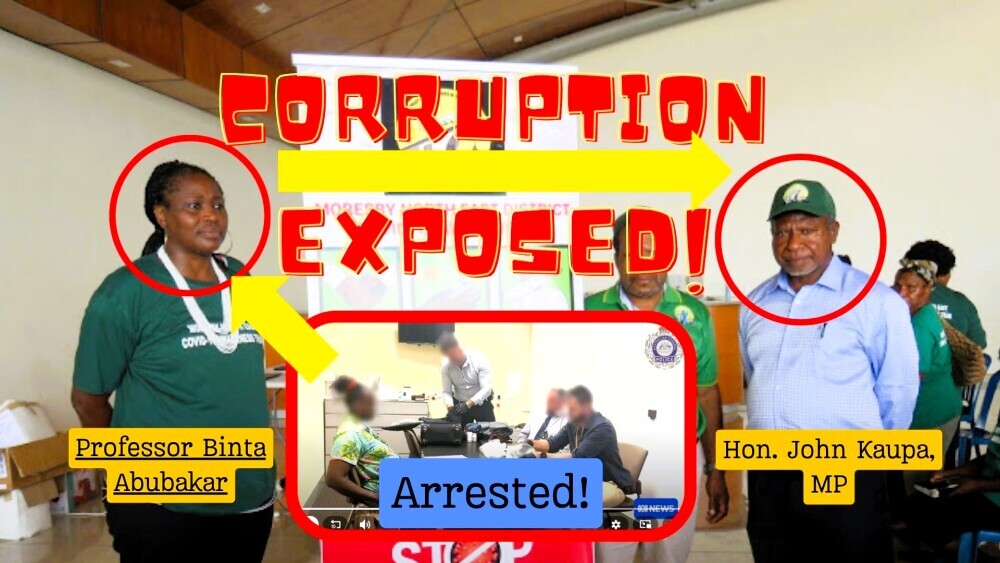Liberating CEO Appointments from NEC Control: A Path to Combatting Political Patronage and Systemic Corruption in Papua New Guinea

In Papua New Guinea, the practice of appointing CEOs through the National Executive Council (NEC) has long been entrenched in a system of political patronage. This system, driven by nepotism and political affiliations, has hindered the nation’s progress and development by prioritizing the interests of political elites over the needs of the country. As a result, corruption has become rampant, and the country’s economic growth has been stunted.
Recent trends in CEO appointments accentuate the urgent need for reform. Too often, these appointments are made based on political connections rather than merit, leading to the appointment of individuals who may lack the expertise or qualifications necessary to effectively lead their organizations. This practice not only undermines the integrity of these institutions but also perpetuates a cycle of corruption and mismanagement.
To address these challenges, it is imperative to break the chains of political patronage and liberate CEO appointments from NEC control. This will require comprehensive reform efforts aimed at promoting good governance and economic management in Papua New Guinea.
One key step is to establish transparent and merit-based appointment processes for CEOs. This would involve depoliticizing the selection process and ensuring that candidates are chosen based on their qualifications, experience, and track record of performance rather than their political connections. By prioritizing meritocracy, Papua New Guinea can ensure that its public and corporate institutions are led by competent and capable leaders who are committed to serving the best interests of the nation.
Additionally, greater accountability mechanisms must be put in place to oversee CEO appointments and ensure that they are free from political interference. This could involve establishing independent oversight bodies tasked with monitoring the appointment process and investigating allegations of corruption or misconduct. By holding decision-makers accountable for their actions, Papua New Guinea can create a culture of transparency and integrity within its institutions.
Furthermore, efforts to combat political patronage must be accompanied by initiatives aimed at promoting economic empowerment and development at the grassroots level. This could involve investing in education and skills training programs to empower citizens to participate more actively in the economy and reduce their dependence on political elites for employment and opportunities.
Breaking the chains of political patronage in CEO appointments is essential for combating systemic corruption and promoting national progress and development in Papua New Guinea. By prioritizing meritocracy, accountability, and economic empowerment, Papua New Guinea can pave the way for a brighter and more prosperous future for all its citizens.
Papua New Guinea: TOP News
Deputy Opposition Leader James Nomane Calls For Urgent Appointment Of Treasurer To Tackle Economic Crisis In Papua New Guinea Governor Allan Bird Responds To Prime Minister James Marape’s Statement On Threats Integrity Over Politics – Allan Bird’s Stand Against Corruption And The Call For Change In Papua New Guinea Daughter Of State Minister Appointed Acting Managing Director (MD) For Climate Change Without Proper Processes And Procedures Dr Yalinu Poya Gow Receives Broadcast Media Commentator Training From BBC Scotland Ok Tedi Mining Limited News – Woman Speaks Out Against Alleged Sexual Harassment



